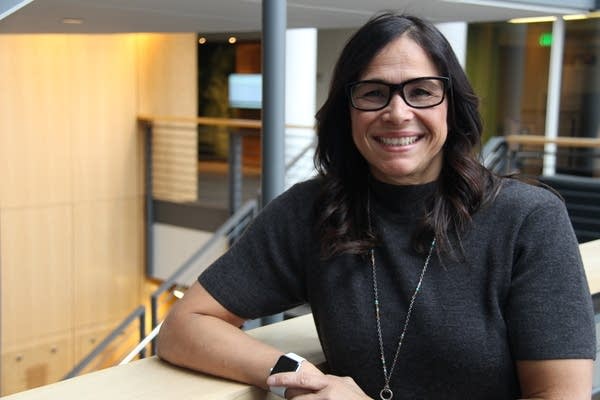Minnesota education chief's 5 lessons learned

Brenda Cassellius, the outgoing Minnesota education commissioner, poses for a portrait at the Kling Public Media Center on Dec. 28, 2018.
Cody Nelson | MPR News
Go Deeper.
Create an account or log in to save stories.
Like this?
Thanks for liking this story! We have added it to a list of your favorite stories.


